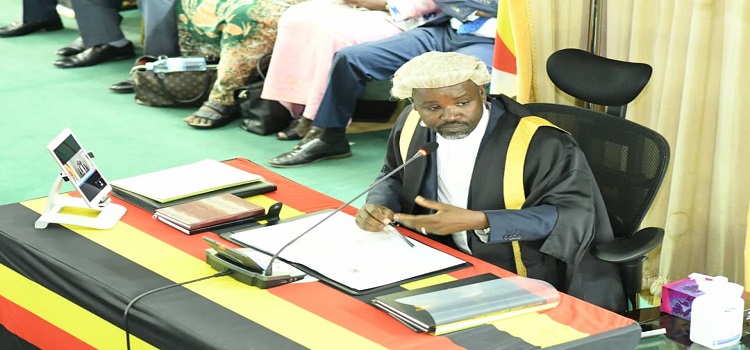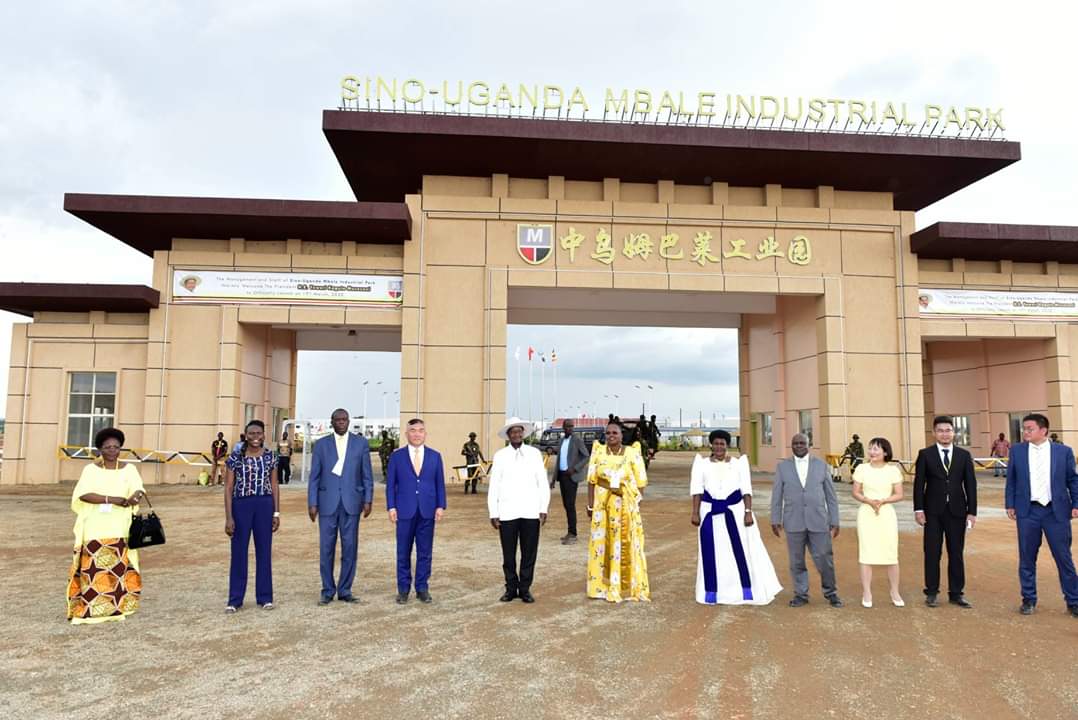A parliamentary committee in Uganda has called for a review of the country’s refugee policy due to the increasing population of refugees.
The Committee on Equal Opportunities reported to parliament that the growing numbers of refugees from neighboring countries were straining social services such as education and healthcare.
Budget cuts from donors have worsened the situation, leading to job losses for some teachers and reductions in food rations for refugees.
The committee recommended to parliament that Uganda’s open-door policy, allowing refugees to enter freely, needs to be reconsidered to manage the influx. It also suggested that the government should collaborate with other countries and international institutions to relocate refugees to third countries.
Deputy Speaker of Parliament, Thomas Tayebwa, expressed concern over changing the policy, stating that people fleeing conflict cannot be prevented from seeking safety.
Prime Minister Robinah Nabanjja emphasized Uganda’s commitment to providing refuge, citing the country’s reputation for welcoming refugees fleeing violence.
She acknowledged the challenges but affirmed that Uganda would not reverse its policy of offering sanctuary to those in need.
Nabanjja mentioned that Uganda has raised its concerns at global refugee conferences, highlighting the strain caused by hosting a large number of refugees and the reduction in international funding.
She assured that the government would issue a statement outlining measures to address the challenges posed by the refugee influx.
Deputy Speaker Tayebwa instructed the committee to review its report and report back to parliament.
Uganda is Africa’s largest refugee-hosting country and the third-largest globally, accommodating approximately 1.6 million refugees, mainly from neighboring South Sudan, according to the United Nations High Commissioner for Refugees.




















